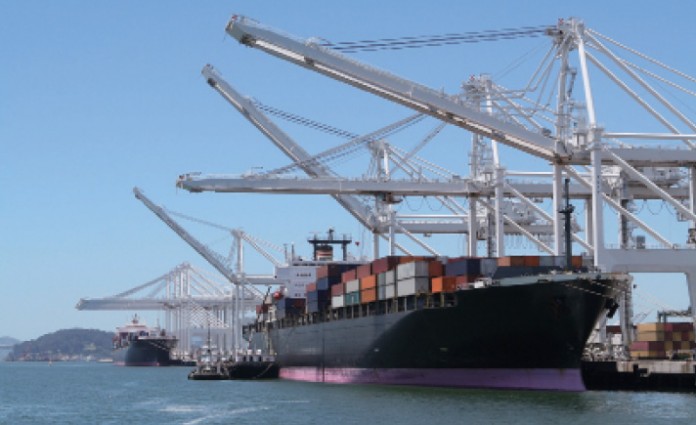The former director-general of the World Trade Organization (WTO), Pascal Lamy, referred to the WTO’s dispute settlement system as a “crown jewel”. However, the appellate body (AB), which is the centrepiece of this crown jewel, has ground to a halt following strong criticism from the US for overreaching in disputes handling, and failure to comply with WTO rules.
The AB is a standing body of seven persons (regarded as judges) that hears appeals from reports issued by panels in disputes brought by WTO members. It can “uphold, modify or reverse the legal findings and conclusions of a panel”, and it is only after the acceptance of AB reports by the WTO’s dispute settlement body that the reports become binding on parties.
The crisis that the AB faces is that the US, using its veto power, continues to block the appointment of new AB judges. Since July 2017 and until before 10 December 2019, the AB only had three judges remaining – the minimum number required for it to hear and decide on appeals. From 10 December 2019, the term of two of these last three judges had ended, rendering the AB ineffective.
So, are there any alternatives to keep alive the spirit of the WTO’s dispute settlement mechanism (DSM)?
You must be a
subscribersubscribersubscribersubscriber
to read this content, please
subscribesubscribesubscribesubscribe
today.
For group subscribers, please click here to access.
Interested in group subscription? Please contact us.























